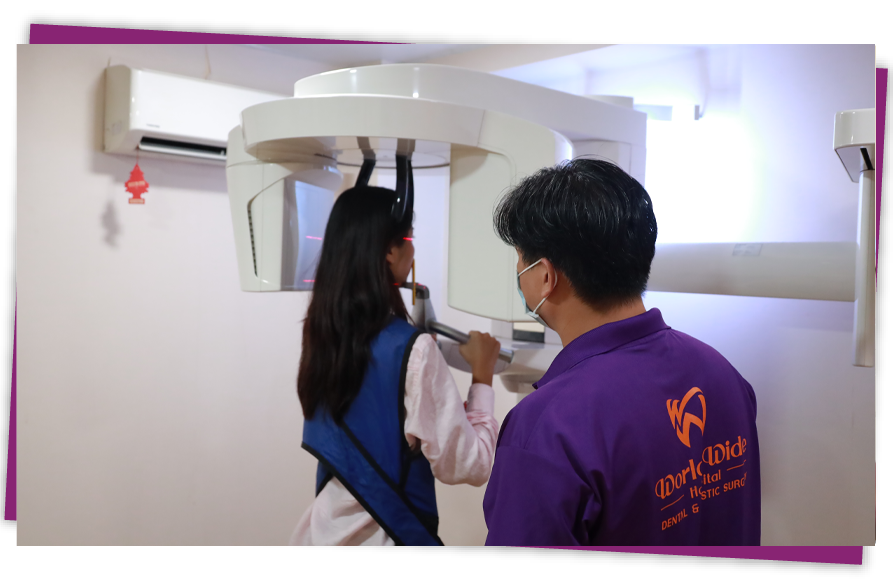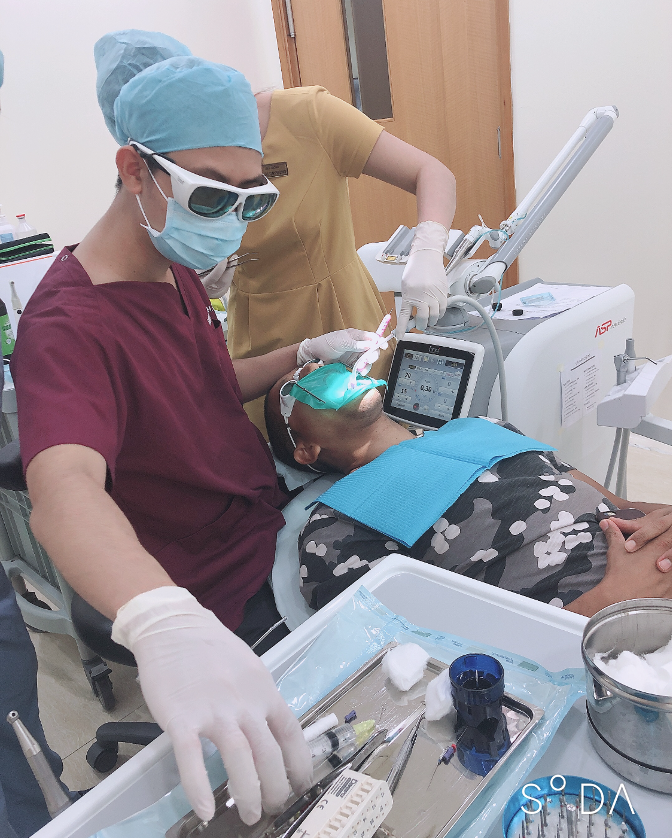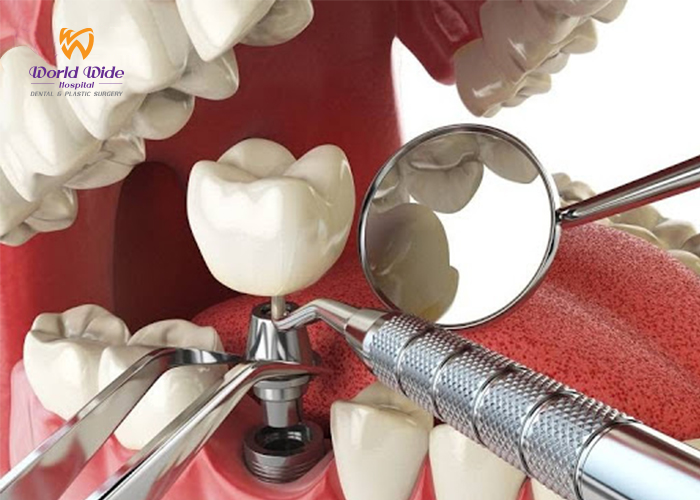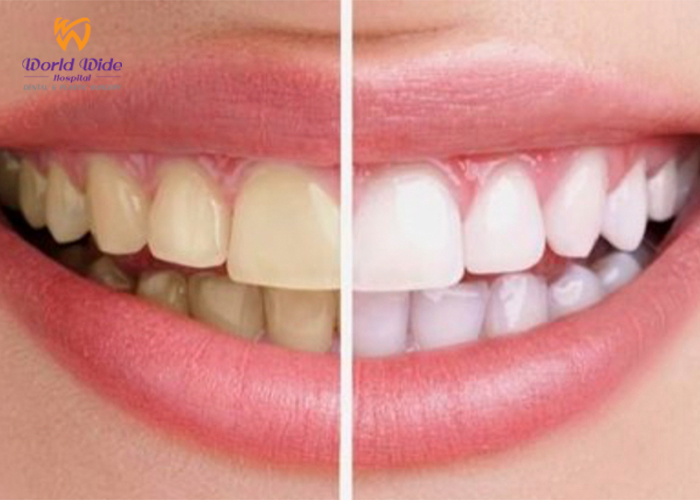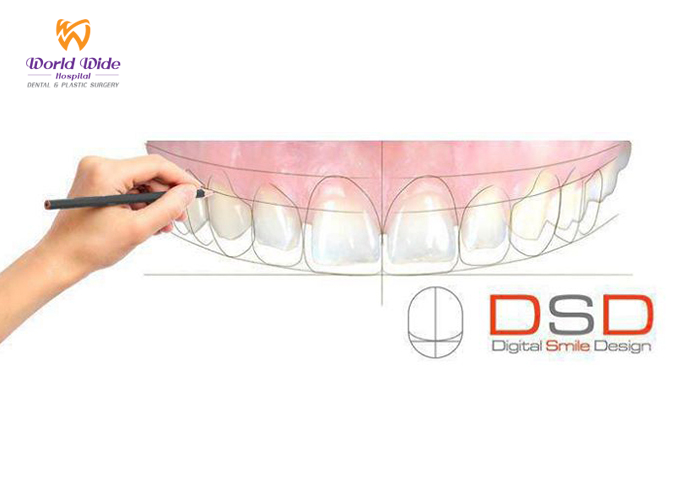WHEN DO YOU NEED A ROOT CANAL TREATMENT?
Root canals are needed for a broken tooth, a deep cavity, infected tooth or issues from a previous filling. In some cases, you may need the root canal treatment for prosthodontic procedure if the tooth which need being straighten is too rotated/ protruding.
There are a few symptoms that mean you might need a root canal treatment:
- Severe pain while chewing or biting
- Pimples on the gums
- Big chipped or cracked tooth
- Lingering sensitivity to hot or cold, even after the sensation has been removed
- Swollen or tender gums
- Deep decay or darkening of the gums
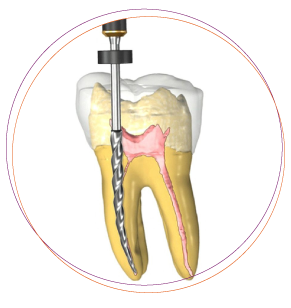

 Tiếng Việt
Tiếng Việt

